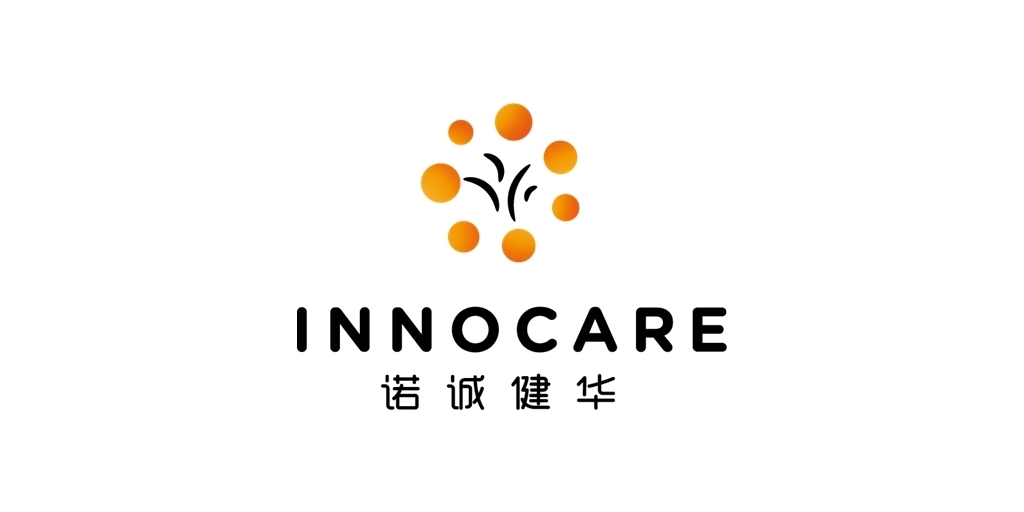The clinical trial will evaluate the safety, tolerability and pharmacokinetic properties of ICP-723 in patients with solid tumours, and evaluate the anti-tumour efficacy of ICP-723 on NTRK fusion-positive cancers

InnoCare Pharma, a commercial-stage biopharmaceutical company, announced the Investigational New Drug (IND) clearance of its second-generation pan-TRK inhibitor ICP-723 by the US Food and Drug Administration (FDA) for starting phase I clinical trial in the United States.
Preclinical studies have shown that ICP-723 has a good safety profile and high activity against a variety of solid tumours, and the potential to provide a broad-spectrum anti-cancer therapy for patients with solid tumours with NTRK gene fusion. The clinical trial will evaluate the safety, tolerability and pharmacokinetic properties of ICP-723 in patients with solid tumours, and evaluate the anti-tumour efficacy of ICP-723 on NTRK fusion-positive cancers.
ICP-723 was developed to treat advanced or metastatic solid tumours harbouring NTRK fusion genes, including breast cancer, colorectal cancer, lung cancer, thyroid cancer, etc., and for patients resistant to the first generation of TRK inhibitors.
Currently, in China, ICP-723 is in the Phase I dose-escalation (1mg, 2mg, 3mg and 4mg), ICP-723 showed efficacy in two patients with qualified neurotrophic tyrosine receptor kinase (NTRK) fusion. The NTRK fusion-positive patient in 3 mg cohort reached stable disease (>20% tumour reduction) and the patient in 4 mg cohort achieved partial response at the first tumor assessment at the end of cycle 1, or day 28.
"I feel excited that ICP-723 becomes our third innovative drug entering the clinical stage in the United States," said Dr. Jasmine, the Co-Founder, Chairwoman and CEO of InnoCare, "As a novel small molecule second generation pan-TRK inhibitor, ICP-723 has potent activity and high selectivity in preclinical experiments, which is expected to overcome the resistance to the first-generation TRK inhibitor to better benefit patients. "

Subscribe To Our Newsletter & Stay Updated
Severity: Core Warning
Message: PHP Startup: Unable to load dynamic library 'newrelic.so' (tried: /usr/lib64/php/modules/newrelic.so (/usr/lib64/php/modules/newrelic.so: cannot open shared object file: No such file or directory), /usr/lib64/php/modules/newrelic.so.so (/usr/lib64/php/modules/newrelic.so.so: cannot open shared object file: No such file or directory))
Filename: Unknown
Line Number: 0
Backtrace: